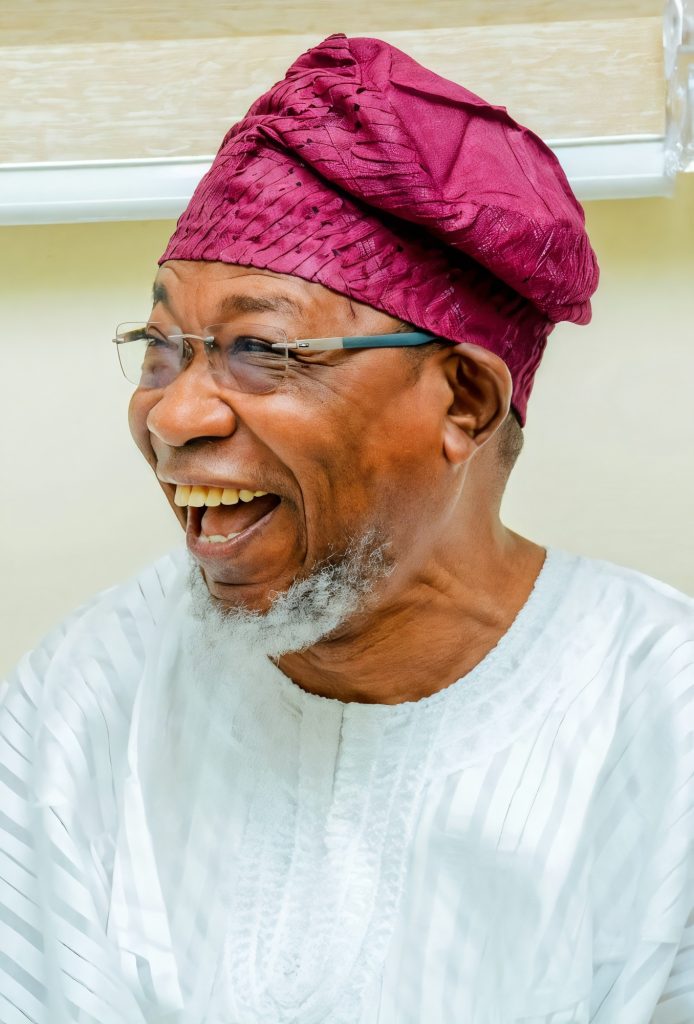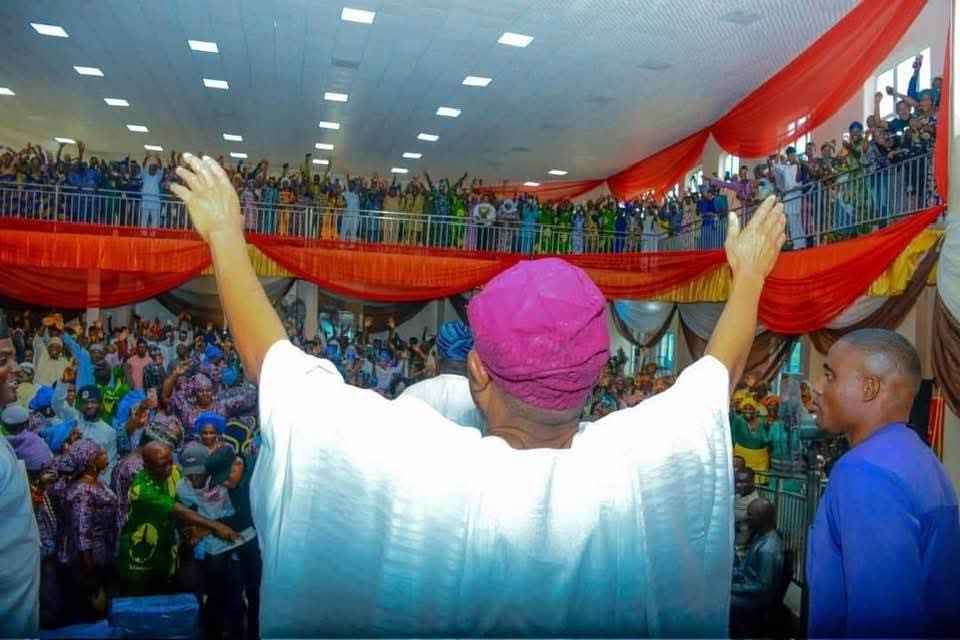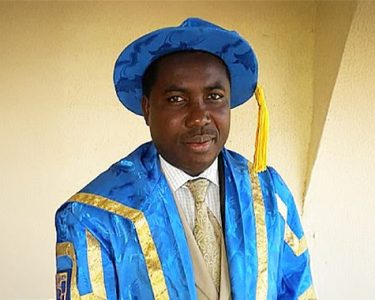
In the ever shifting landscape of Osun politics, where alliances break like harmattan clouds and loyalties are often fleeting, a quiet movement has begun to reshape the political narrative. It isn’t about godfatherism or raw populism it’s about values. And at the center of it is the Yoruba ideal of the Omoluabi.
Omoluabi a person of character, integrity, courage, and communal responsibility. It is a moral identity rooted deep in Yoruba culture. But in Osun today, it is more than a virtue; it’s becoming a political brand.
Spearheading this cultural-political renaissance is Ogbeni Rauf Aregbesola, the former governor and Former Minister of Interior under the Buhari administration. In 2016, the Late Alaafin of Oyo honored him with the title Omoluabi of Yorubaland not as a symbolic gesture, but as recognition of his commitment to service and progressive governance. Under his leadership, Osun witnessed reforms in education, infrastructure, and public service ethos.
Following closely is Alhaji Azeez Adesiji, chairman of the Omoluabi Progressives, a caucus which is no longer a faction in Osun APC but now a Movement . The group, recently reinvigorated with high-profile figures like Hon. Najeem Salaam and Alhaji Moshood Adeoti, has declared itself the guardian of true progressive values in the state values they argue have been lost in the current climate of political compromise.
Their mission? To return Osun politics to the ideals of the late Chief Obafemi Awolowo and Bola Ige where policy was people centered and politics was rooted in principles. The Omoluabi Progressives are not just distributing membership cards or holding meetings they are creating a narrative that seeks to redefine leadership in Osun ahead of the 2026 governorship race.
But in the cynical world of Nigerian politics, critics are asking: is this truly about values, or is it simply another factional power grab dressed in cultural garb?
Whatever the motive, the Omoluabi narrative has struck a chord with a politically conscious electorate weary of empty promises and personality cults. In communities from Ilesa to Ede to Osogbo, the question is no longer who can win, but who can lead ethically.
If Aregbesola and his allies can translate the moral force of Omoluabi into measurable governance impact and internal party reform, Osun may well set a new template for value based politics in Nigeria.
For now, the true test of an Omoluabi remains: not in the slogans, but in the service.




